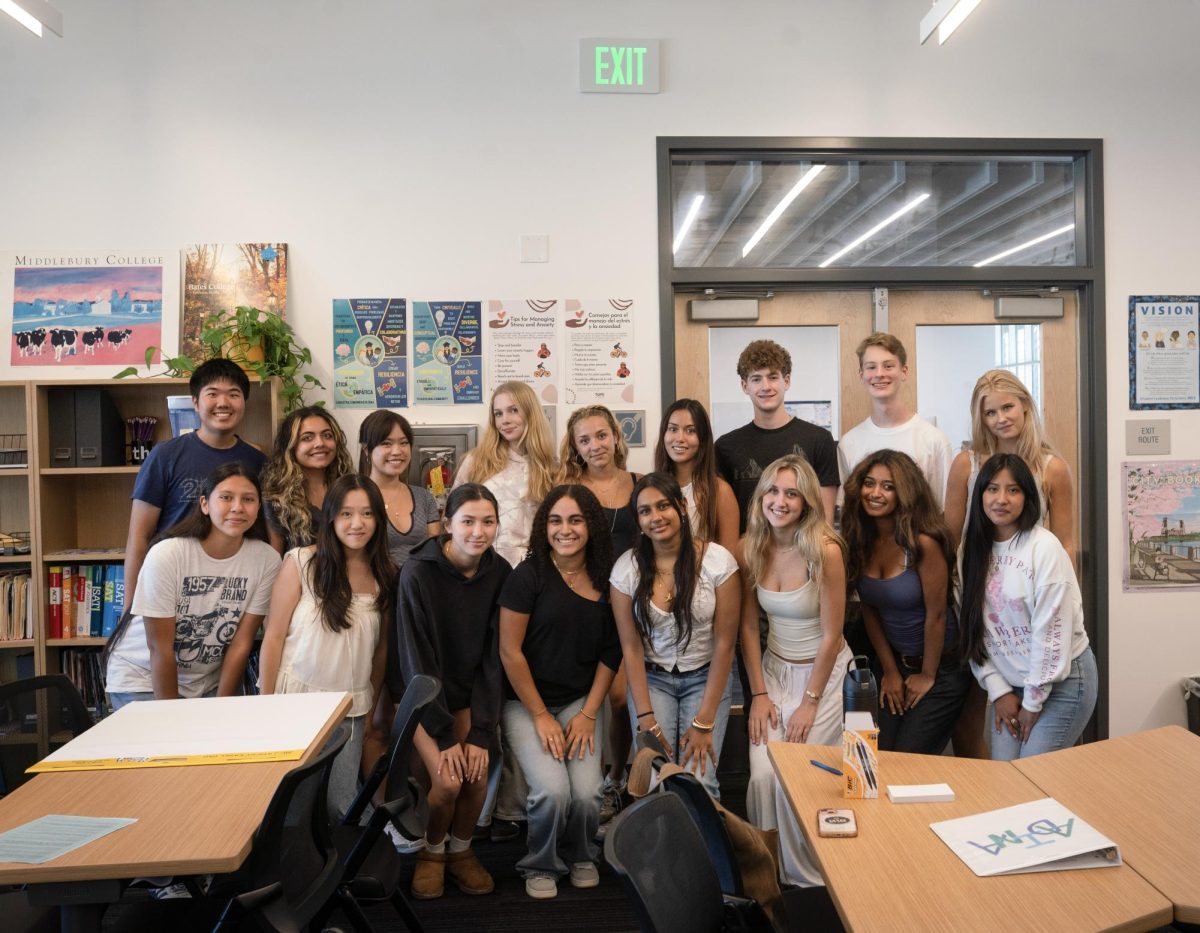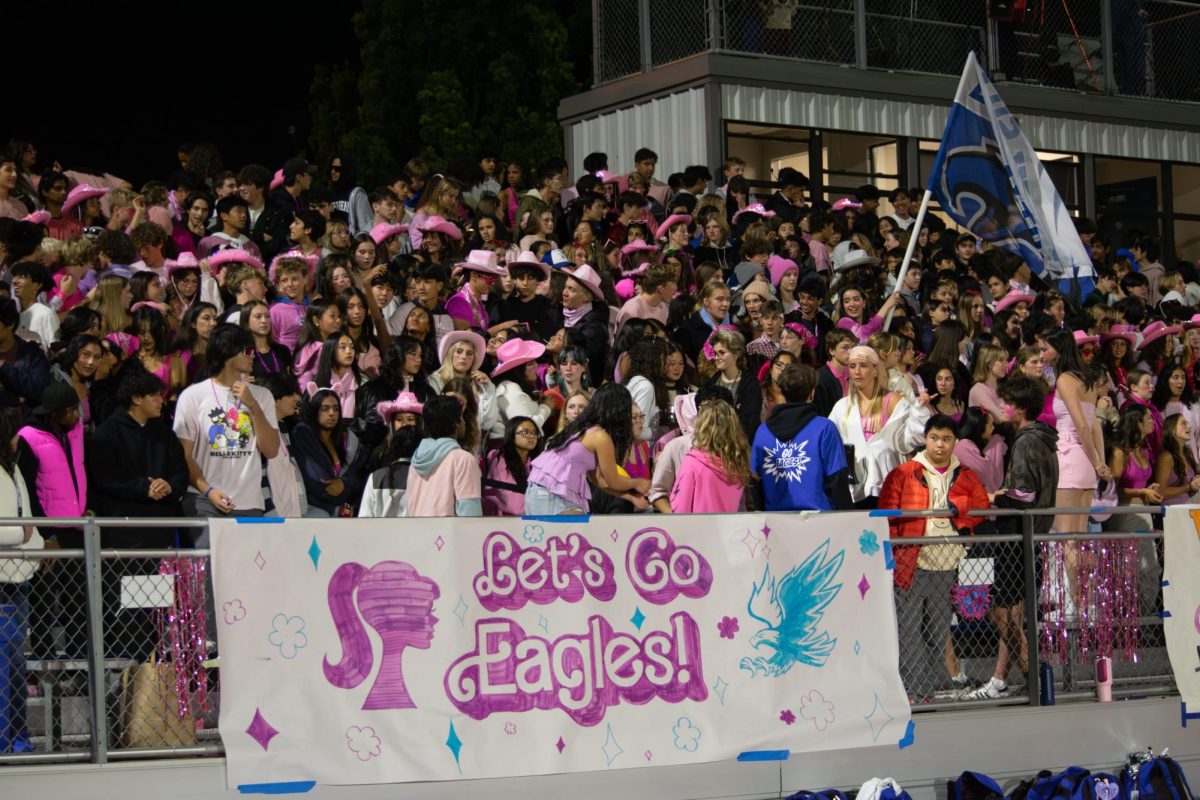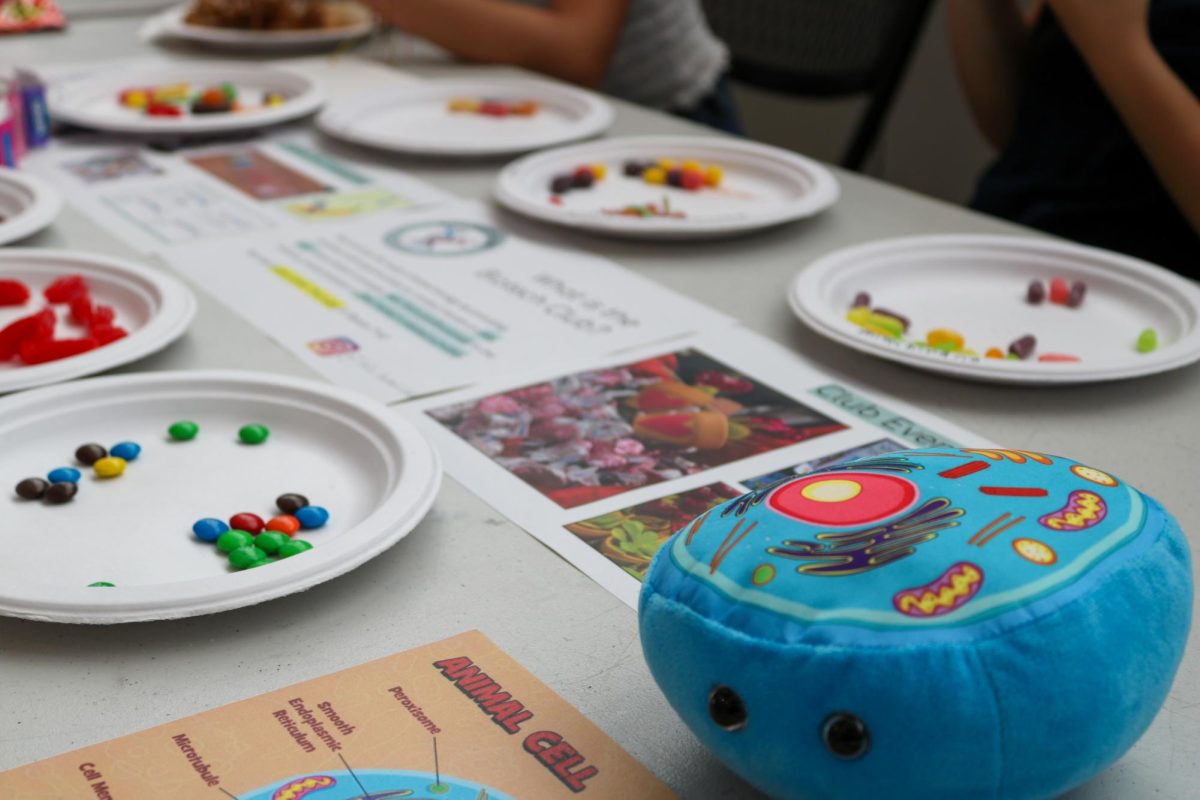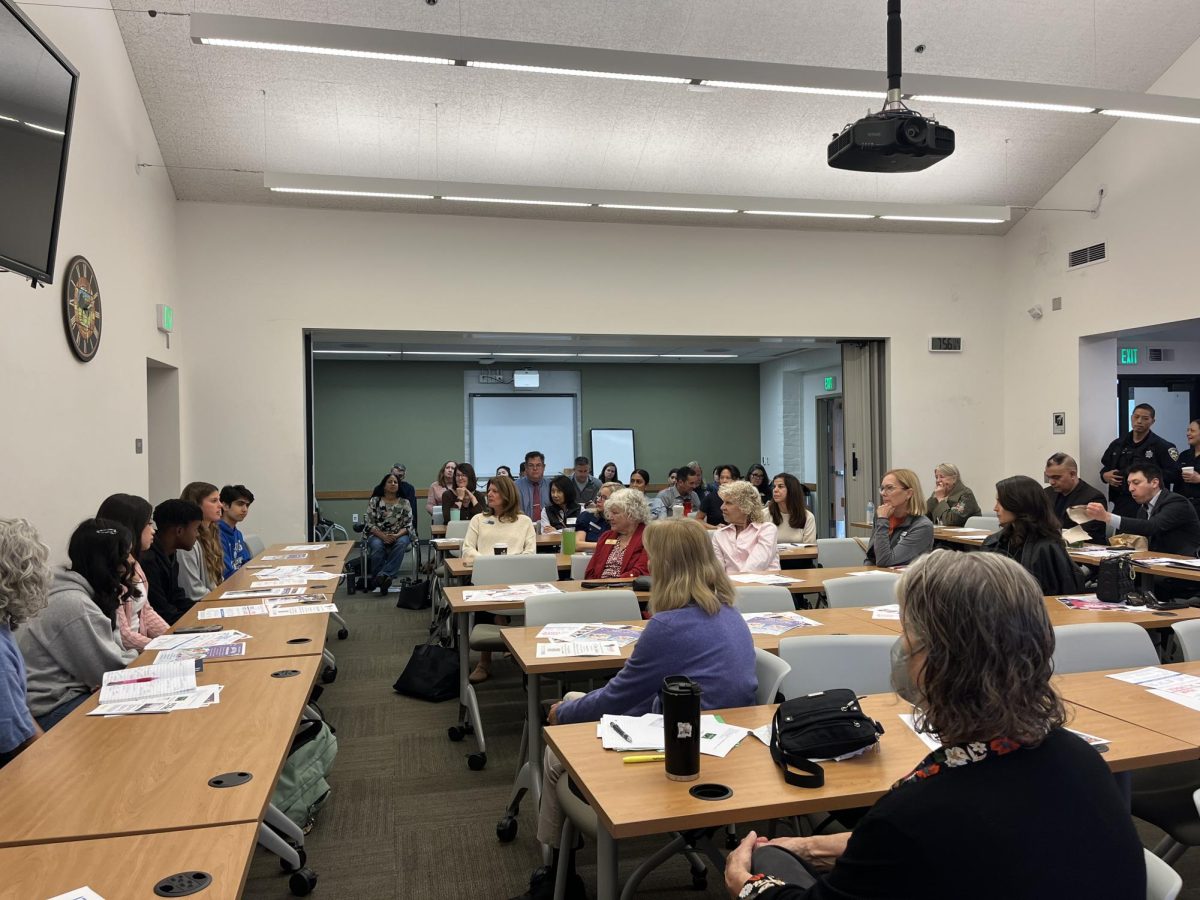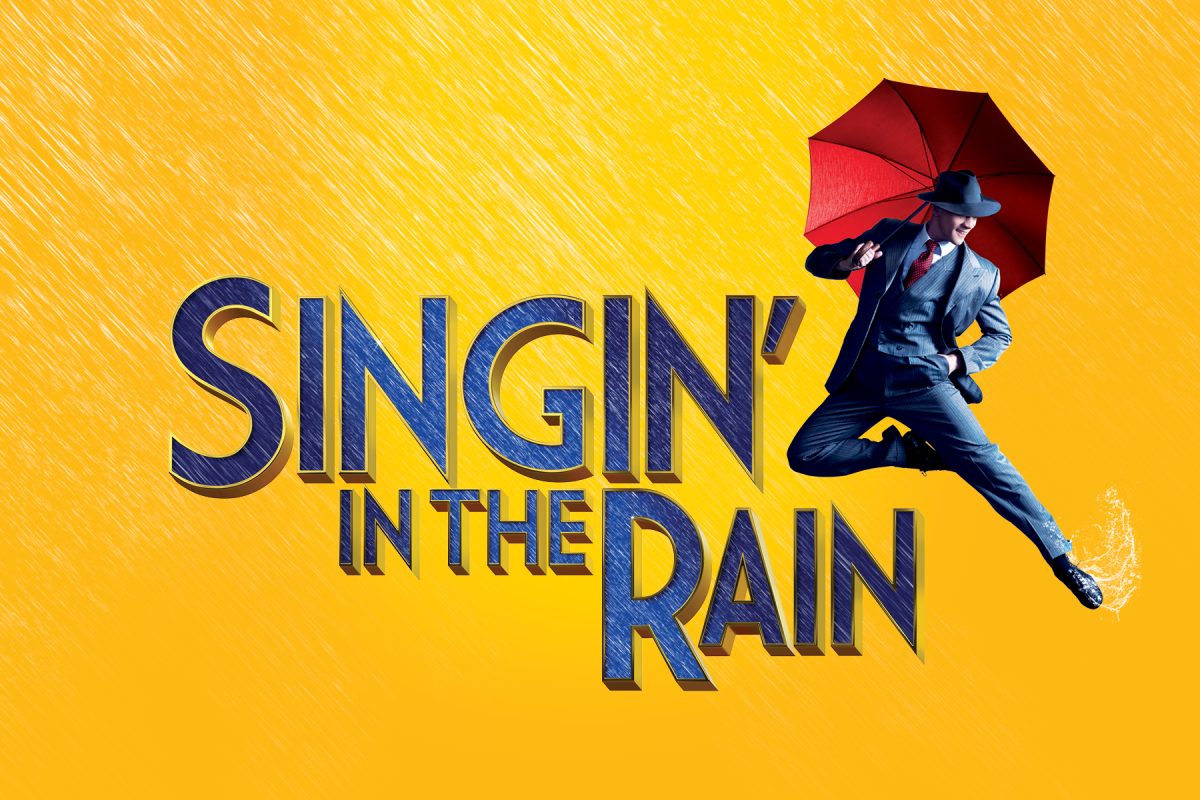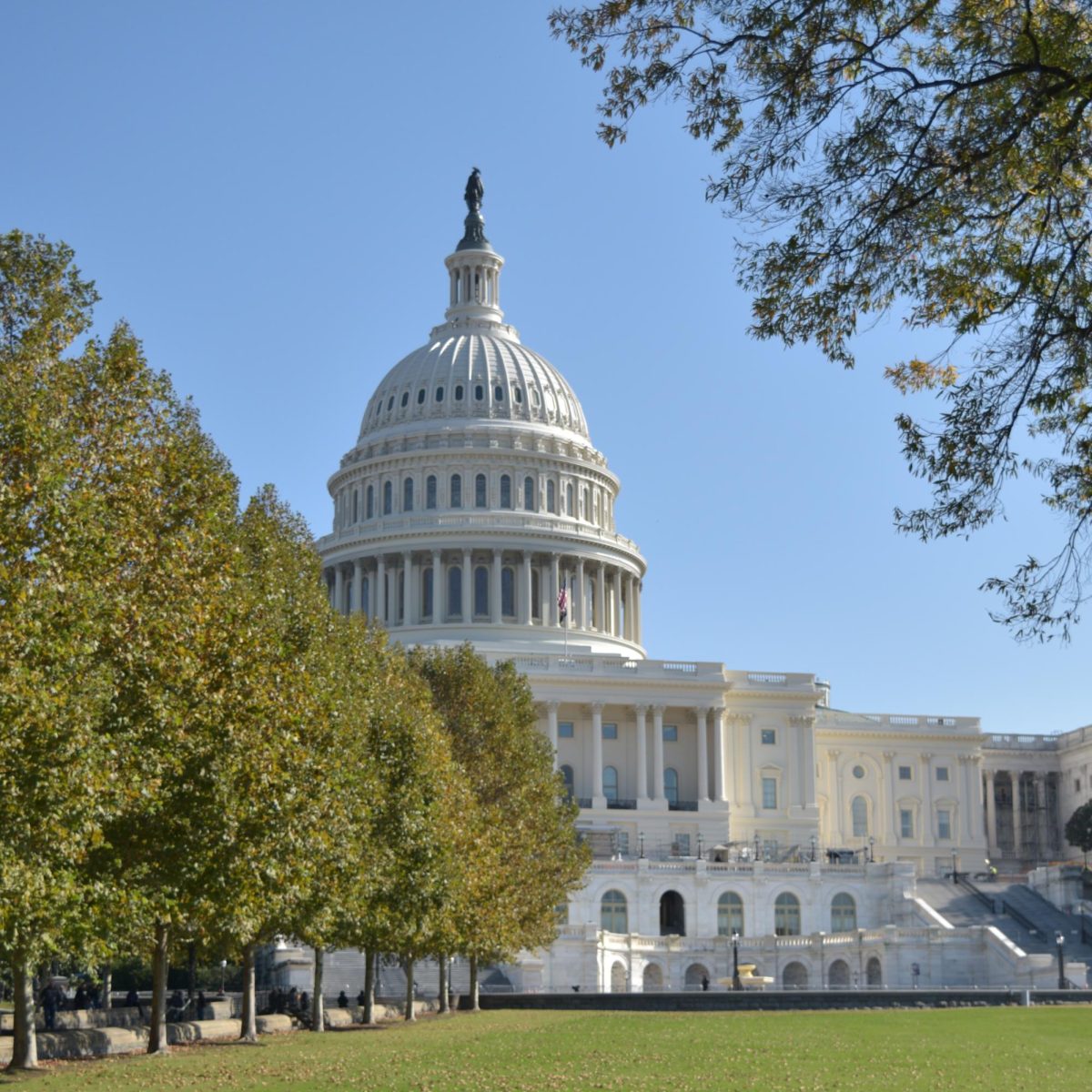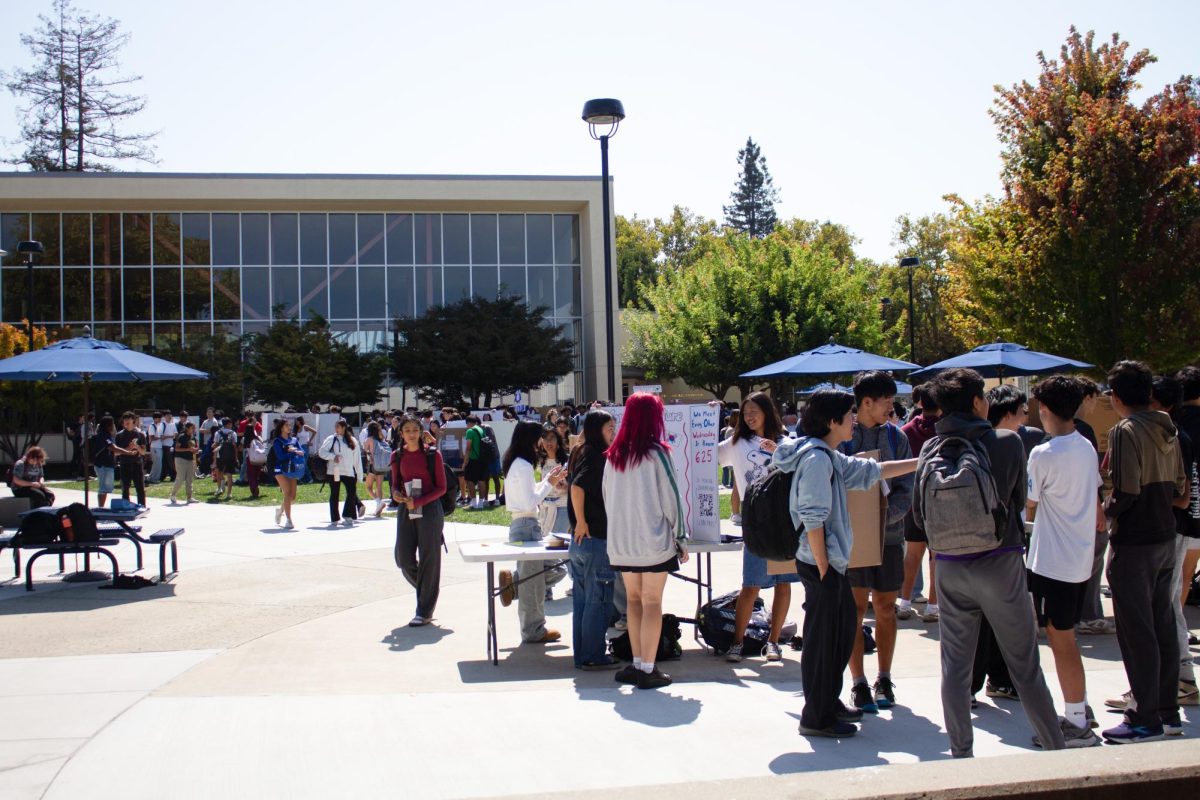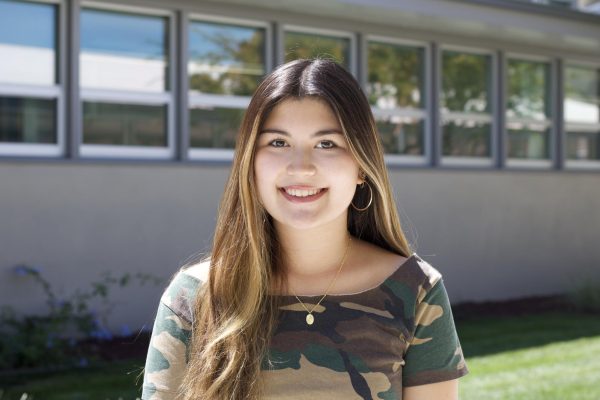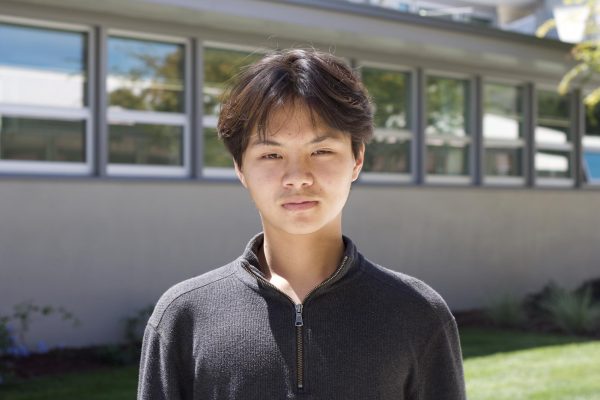As their newest means of supporting mental health on campus, Los Altos High School is piloting the Peer-2-Peer Counseling program for the first time this school year. Run by Support Services Specialist Mackenzie Gallego and counselor Jenny Dumas, the program offers a safe place for students to talk to and receive mental support from trained peers.
“We recognize that for some students, it’s intimidating to talk to adults,” Gallego said.
Gallego hopes the program will make conversations about mental health more approachable.
For Gallego and Dumas, the program being student-informed and collaborative is crucial. They said they want to foster a space for students, from students. While student-based, Peer-2-Peer is still adult-led, ensuring safety and ethical implementation.
“Student advocacy has been important in expressing the need for wellness programs on campus,” Simona Choi ‘25 said.
During her junior year, Choi joined the Mountain View-Los Altos Student Advisory Council, where she learned about Mountain View High School’s peer counseling program. Inspired, she wanted to create something similar at LAHS.
Choi, Dumas and Gallego worked with MVHS counselors who shared their application and training processes to bring the peer counseling program to life. Unfortunately, Choi won’t be able to witness the fruit of her labor, having graduated before the program’s implementation — a feeling that she described as bittersweet.
“I was hoping I could be a part of the launch,” Choi said. “But I also feel hopeful about the new services the school will provide; that good things will come out of it, and the people that need help will receive it.”
This year’s peer counselors were chosen last April and kicked off their journey with a half-day orientation before the school year began. This fall, they will meet and train twice a month in cohorts. Counseling sessions begin in the spring.
Peer counselors will be trained on confidentiality requirements, mental health, emotional support skills and building communication skills. They will also learn to utilize active listening and express empathy in counseling, according to Dumas.
“It’s not the counselor’s job to solve the person’s problem,” Dumas said. “It’s to be there as emotional support and an active listener, so that the student feels validated and heard and can solve the problem themselves.”
Students can request a peer counseling session through LAHS’s student referral form. Sessions will occur outside of class time, unless both the counselor and the recipient have the same free period. A therapist, most likely Gallego, will be on-site and accessible during sessions — just not in the room.
The logistics of pairing students to counselors are still to be determined, though pairings will be based mainly on time availability. Efforts will be made to avoid matching students who have previous relationships and to honor certain preferences. Students dealing with more serious concerns, like anxiety or depression, will be directed to adult counselors.
“Sometimes there is this idea of a definition of mental health that is a diagnosis, but mental health also encompasses taking care of our mental and emotional well-being,” Gallego said.
Gallego ultimately hopes Peer-2-Peer Counseling will support student wellness, destigmatize emotional struggles and equip students with tools for mental well-being..
“We want to impact culture; promote the idea that we can and need to talk about these things, and that it’s a really healthy response,” Gallego said.



